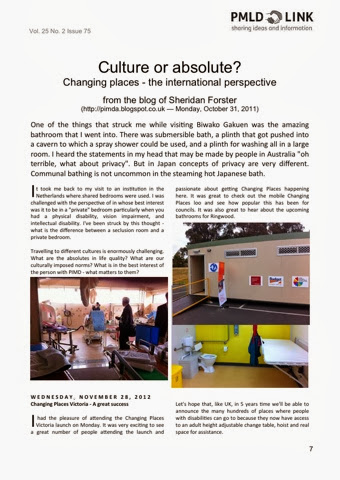A colleague reflected the discomfort telling us of the father of a 15-year-okd who had described his son a like a two-year-old… such a provocative comment… so many feelings and thoughts.
Using analogies to infants and children in the intellectual disability world… seems so often to go hand in hand with a tacit response, unspoken but shared.
But not all responses are the same. Not all intentions in uttering the words are the same. Not all interpretations of meaning are the same.
Hoping we can have a conversation to explore the use of age analogies, not to come to the “right” answer, but to understand different perspectives and the thinking (surface and deep) underlying the feelings.
I know I often stand as an outlier in using analogies of age. I know I need to unpack why I do this, and whether I should continue to do so. Can I encourage you to share your thoughts here on this often contentious topic… I will share some of my thoughts as a comment, as to keep the starter post neutral.


